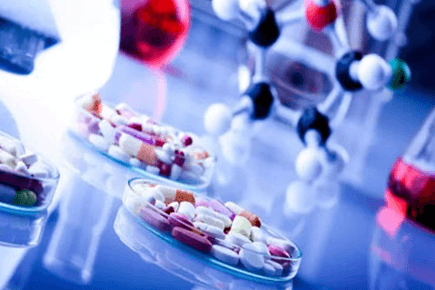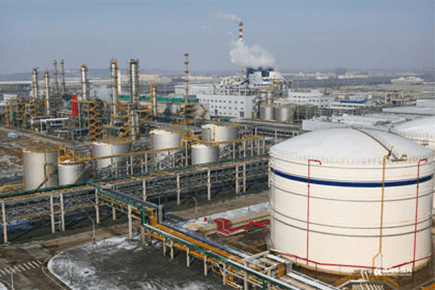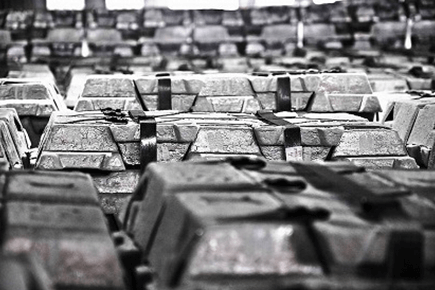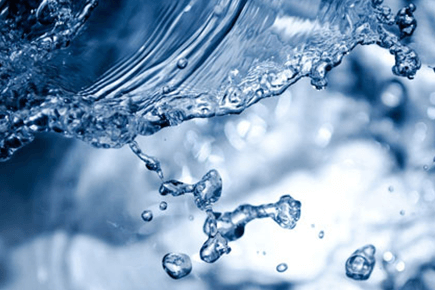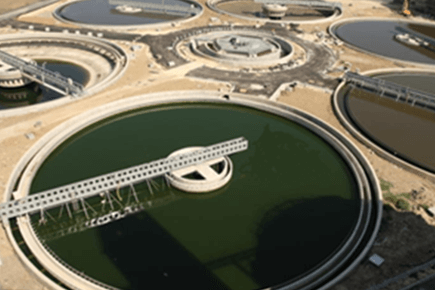
Introduction of Non-solvent Resin
Introduction of Non-solvent Resin
Softening resins are categorized into solvent or Non-solvent products depending on whether dichloroethane solvent is used in the resin manufacturing process. Dichloroethane residues though trace amount may exist in the effulent extractions of solvent resins, but will never exist in Non-solvent resins.
If solvent resin is used in the water softener, the leakage of dichloroethane may occur during use. Long-term intake of dichloroethane is extremely harmful to human health due to its sensitization, teratogenicity, carcinogenicity and mutagenicity. In addition, it is likely to cause liver and kidney diseases. In the mouse experiments, long-term intake of dichloroethane significantly increases the carcinogenic rate and mortality rate. Moreover, it also has a stimulating effect on the eyes and respiratory tract; its inhalation can cause pulmonary edema, inhibit the central nervous system, stimulate the gastrointestinal tract and cause liver, kidney and adrenal damage.
European and American countries have publicized strict regulations over 20 years ago. The EPA restricts the dichloroethane in drinking water not exceeding 0.005mg/L, and the World Health Organization also specifically pointed out the long-term hazards of dichloroethane in drinking water. Therefore, European and American countries strictly require non-solvent resins to be used in drinking water treatment, there's no solvent leakage during the ion exchange process to ensure the food safety of end users.
Non-solvent softening resin has high requirements on resin production technology and equipment, with certain technical barriers, coupled with the lag of relevant safety regulations in China, there was no local stable product of non-solvent resins before Sunresin launched to the market. Sunresin has succeeded in breaking down technical barriers and has already supplied a large volume to the market, becoming one of the few companies with this technology. The product has obtained both USA and EU food-grade safety certificates.
Microscopical comparison of solvent and non-solvent resins:
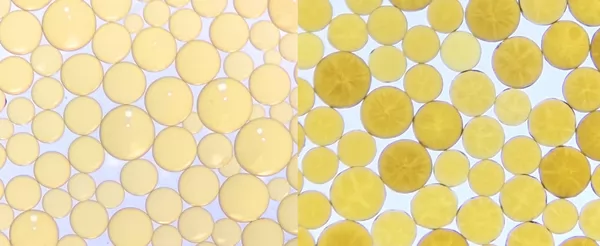
Solvent softening resin Non-solvent softening resin
In recent years, the concept of household water purification has been introduced into the Chinese market and widely spreaded. However, due to the lack of clear regulations and mandatory requirements in China, the market still generally uses solvent-based water softener resins. The resin in the water softener serves as the core softening material in direct contact with drinking water. The use of non-solvent resin is not only the inevitable trend of future development, but also the basic guarantee for the technology and quality of leading water dispenser enterprises. If non-solvent resin is adopted at the current stage, it is also the first to establish a new safety benchmark in the Chinese market, which has a greater comprehensive significance and facilitates the establishment of a quality differentiated marketing point.






